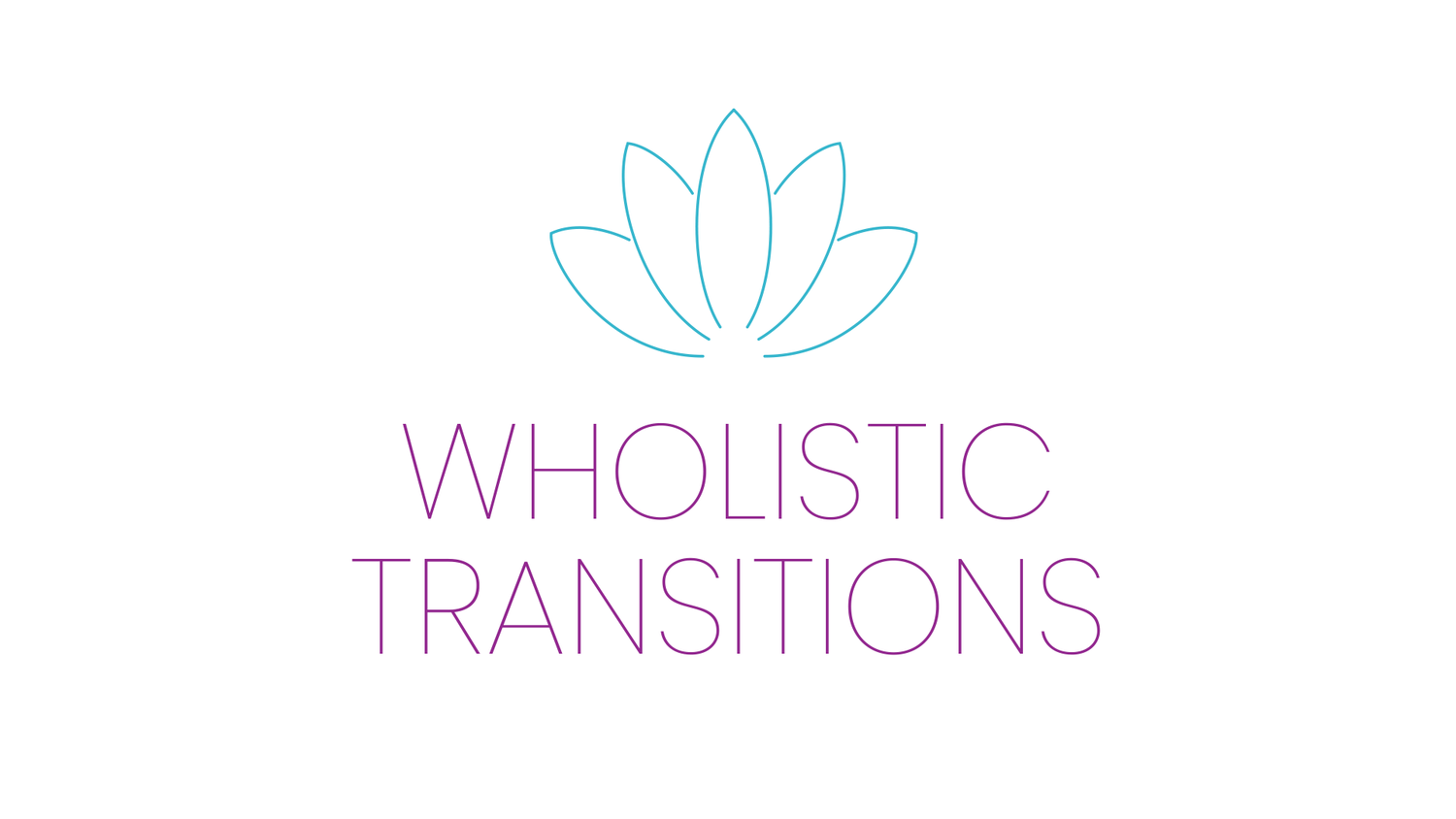Naomi Aaronson, MA, OTR/L, CET, CPI: OT in Academia and Much More
In this post, we will be learning about an occupational therapy practitioner who works in Academia and Much More. You will hear from the personal and professional experiences of Naomi Aaronson, MA OTR/L CET. Naomi has been an occupational therapist for over 31 years. Presently, she teaches in an OTA program and writes continuing education courses. Previously, she worked in many different settings and with varied populations from children to adults specializing in hand therapy and breast cancer. In addition, Naomi is a retired CHT and still uses Pilates in her work with cancer survivors. As co-author of the book Pilates for Breast Cancer Survivors: A Guide to Recovery, Healing, and Wellness, Naomi has sought to bring the Pilates principles as well as occupational therapy insights to the breast cancer population. Joseph Pilates stated, “change happens through movement, and movement heals.” Another gem that Pilates stated was, “ It's the mind that shapes the body.” Naomi believes that as occupational therapists we can be wonderful role models for our patients to live happier, healthier, and more productive lives.
Q & A with Naomi:
Please tell us a little about yourself and a few favorite occupations.
I am a cat, travel, and pilates lover! However, I usually can only do travel and pilates together. Luna doesn't travel with me LOL . I've been an OT for over 30 years. Previously, I was a recreation therapist for 12 years and worked mainly in geriatrics. In my OT career, I started out in geriatrics, moved to hand therapy and private practice specializing in hand therapy and breast cancer, transferred to school-based practice, and now have transitioned to academia. I love to write and have co-written a book Pilates for Breast Cancer Survivors: A Guide to Recovery, Healing, and Wellness. You can find some of the continuing ed courses that I have written on the web as well.
What motivated you to contribute to this series?
I thought that it would be beneficial to share my experiences with others and motivate others to "travel the uncommon road."
Please describe the UncommonOT work that you do and the setting in which you work, the population you serve, and the needs that you address.
I work in an OTA program. The college students that I teach struggle with attention, mental health, stress, economic issues, etc. I provide group "interventions" such as deep breathing and exercise techniques to expose them to options that they can utilize to promote their success in the program.
What inspired you or drew you to this type of OT work?
I love to teach and contribute to learning. I learn a lot from my students who come from a variety of backgrounds as well. We try and find the commonalities in our cultures.
How did you get there? Can you describe your path?
I have done guest lectures and presented at conferences throughout my career. That experience came in handy when interviewing for my current position and preparing for my classes.
Please describe a typical day or OT session in your uncommon setting? What OT skills do you utilize?
No day is typical. I teach an introductory class in the fall which goes over topics like the learning process, studying, test preparation/ taking, and professional behaviors during fieldwork. Recently, I have taught Fieldwork 1 and 2 online. This has brought out the creativity in both myself and my students. It is not easy to motivate clients with dementia via zoom! However, some of the activities were really motivating for them!
Can you talk about some recent highs (successes) and lows (challenges) of your current role?
It is gratifying to see that students are using the techniques that I have taught to increase their academic success such as knowing learning styles, using Quizlet, making acronyms, and repeating the information out loud. Many of our students are mothers, work a few jobs, and are non-traditional students. It is challenging for them to manage the multiple roles and responsibilities and some dropout. That can be sad, as many are the first college students in their families.
How do you continue to learn in order to stay on top of things within your role?
I take continuing education constantly and challenge myself with novel tasks. I prefer in-person courses as my attention is better.
Any career advice for our followers and listeners on how to get started on this path?
Contact your local academic institution and ask if you can do a voluntary lecture for students. Do a presentation at a conference. Get your feet wet, and learn from your successes and mistakes.
What’s a common myth or misconception about your job/role you’d like to call out or demystify?
That teaching is easy! It's very demanding and you must be very organized and anticipate problems. Preparation is key. It's a lot of work!!!
How do we find you, follow you, be in touch with you, and promote your unique work?
Linked In, Twitter, I regularly work with non-profit organizations, and my classes can be found on YouTube.
RESOURCE LIST:
https://pubmed.ncbi.nlm.nih.gov/29451666/
Naomi’s Book, written for OTs :https://awomanshealth.com/fitness/pilates-for-breast-cancer-survivors
This is not her 1st podcast: This one is focused on her Breast Cancer work https://seniorsflourish.libsyn.com/ot-breast-cancer-pilates-w-naomi-aaronson-ot-cht
As always, I welcome any feedback from all of you or if you are interested on being a guest on future episodes, please do not hesitate to contact Patricia Motus at transitionsot@gmail.com or DM via Instagram @transitionsot
I hope you will continue to LISTEN, FOLLOW, SHARE, REVIEW & DOWNLOAD The Uncommon OT Series Podcast with all your friends and colleagues!
Q & A only available at:
https://www.wholistic-transitions.com/the-uncommon-ot-series
Happy Listening Everyone!
Big OT Love!
All views are mine and guests own.
Be a Patron to support The Uncommon OT Series Podcast project via Patreon.

